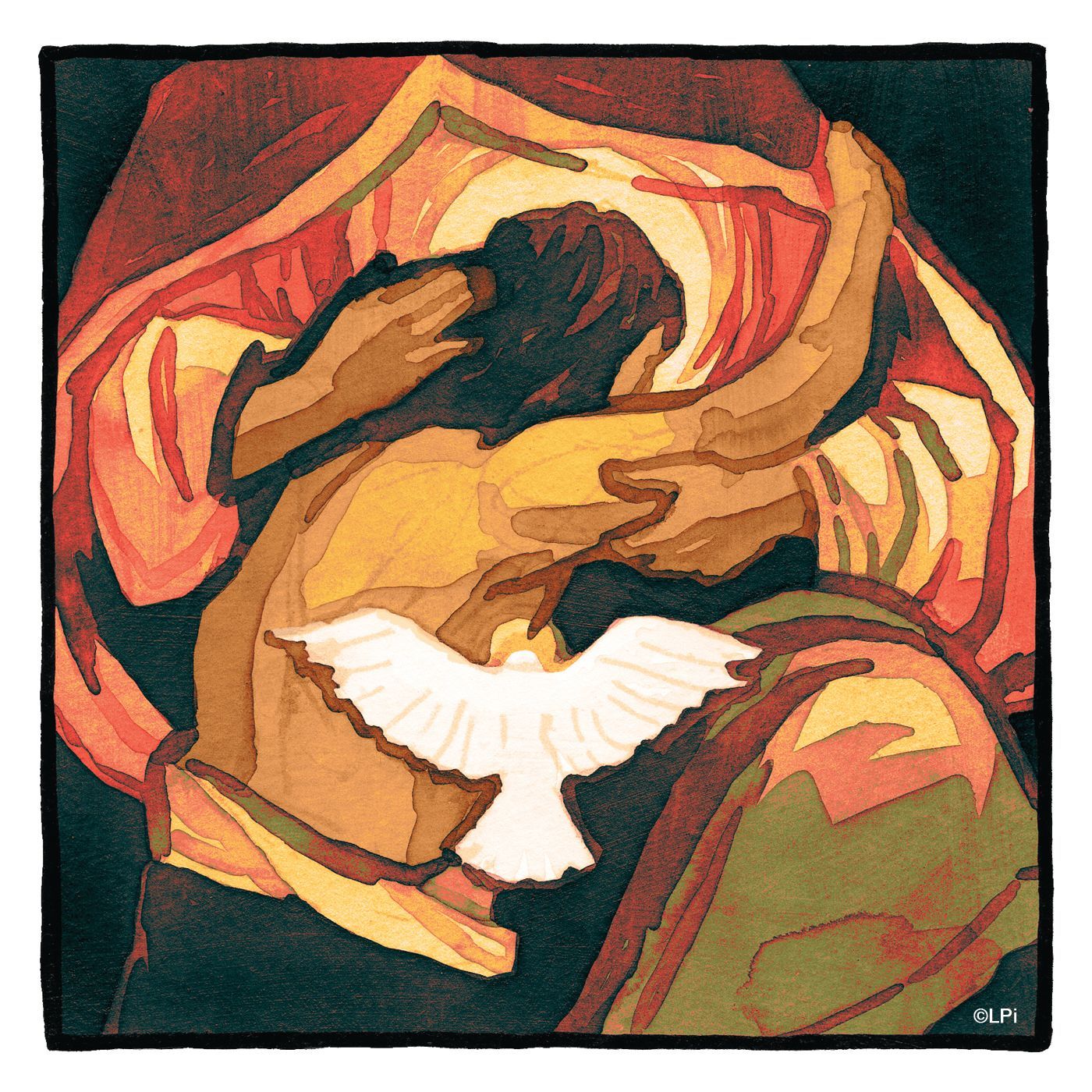8th Sunday C- March 2, 2025
8th Sunday C
March 2, 2025
The book of Sirach is full of good advice. Today we hear "When a sieve is shaken, the husks appear; so do one’s faults when one speaks.” I am reminded of the words of Mark Twain, “It is better to keep your mouth closed and let people think you are a fool than to open it and remove all doubt."
You may remember the movie Being There with Peter Sellers. Peter plays a man who took care of the garden on an estate. When his master dies, he leaves the estate to find a new place to live. His name is Chauncy, and he is the gardener. When he tells people who he is they think his name is Chauncy Gardner. Chauncy likes to watch TV, and he carries the remote control with him. He tells people, "I like to watch," and he shares rules of gardening such as “There will be growth in the spring." He is mostly silent except for these comments and people think he is a genius.
It has been said, “We have one mouth and two ears; which should we use most often?”
This week we will begin the season of Lent. With Jesus we will enter the desert. This season of Lent can be a time to enter the silence. Deserts are quiet places. You may want to listen more closely to what God must share with you.
In our well is our desert. You are invited to add to the desert by bringing in a rock. The rock will represent what defect of character you will try to get rid of in the season of Lent.
In the gospel Jesus warns against pulling the sliver in another’s eye and missing the plank in our own. So often other people are like a mirror to us. What I dislike most in another is what I dislike in myself. We may ask ourselves, “What is the plank in my eye that needs removing? And how will I remove it?" We are given 40 days to consider how to remove this plank.
Years ago, I was on retreat and at the end of the retreat they gave me a "dare rock". A rock with the word 'dare' painted on it. When we received the rock, they played a song from the musical Godspell:
Where are you going?
Where are you going?
Can you take me with you?
For my hand is cold
And needs warmth
Where are you going?
Far beyond where the horizon lies
Where the horizon lies
And the land sinks into mellow blueness
Oh please, take me with you
Let me skip the road with you
I can dare myself
I can dare myself
I'll put a pebble in my shoe
And watch me walk (watch me walk)
I can walk and walk!
(I can walk!)
I shall call the pebble Dare
I shall call the pebble Dare
We will talk, we will talk together
We will talk (chorus) about walking
Dare shall be carried
And when we both have had enough
I will take him from my shoe, singing:
"Meet your new road!"
Then I'll take your hand
Finally glad
Finally glad
That you are here
By my side
By my side
By my side
By my side
There is a lot in today’s scriptures to reflect upon for the next 43 days or so. Let us be silent and let the words of our God speak within us. In the next few days as we prepare for Ash Wednesday, we may want to consider what character defect we wish to address in this season. We place this upon a rock and give it to Jesus to bring with him into the desert and we pray he may take it to the cross so we may rise again on Easter Sunday.




